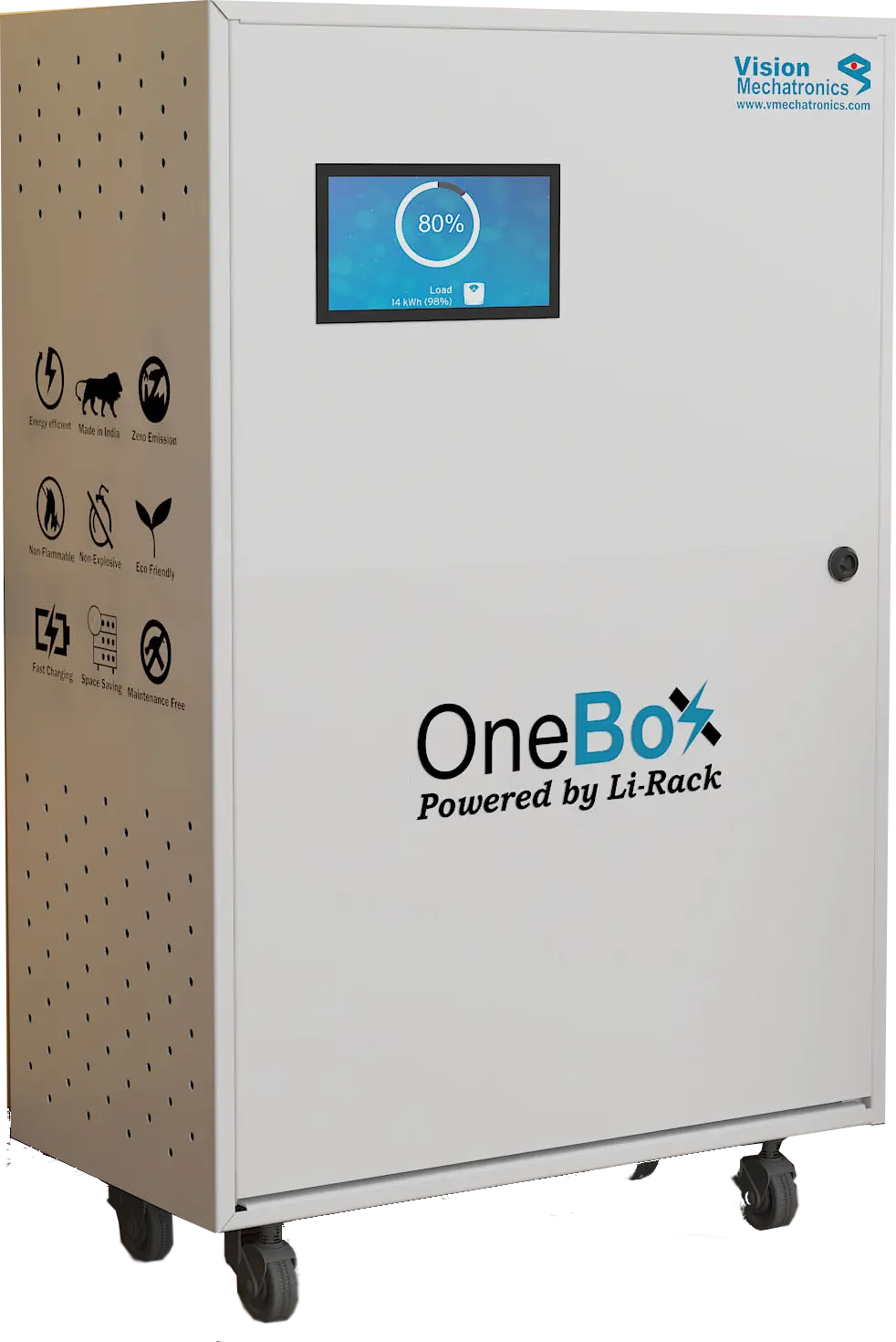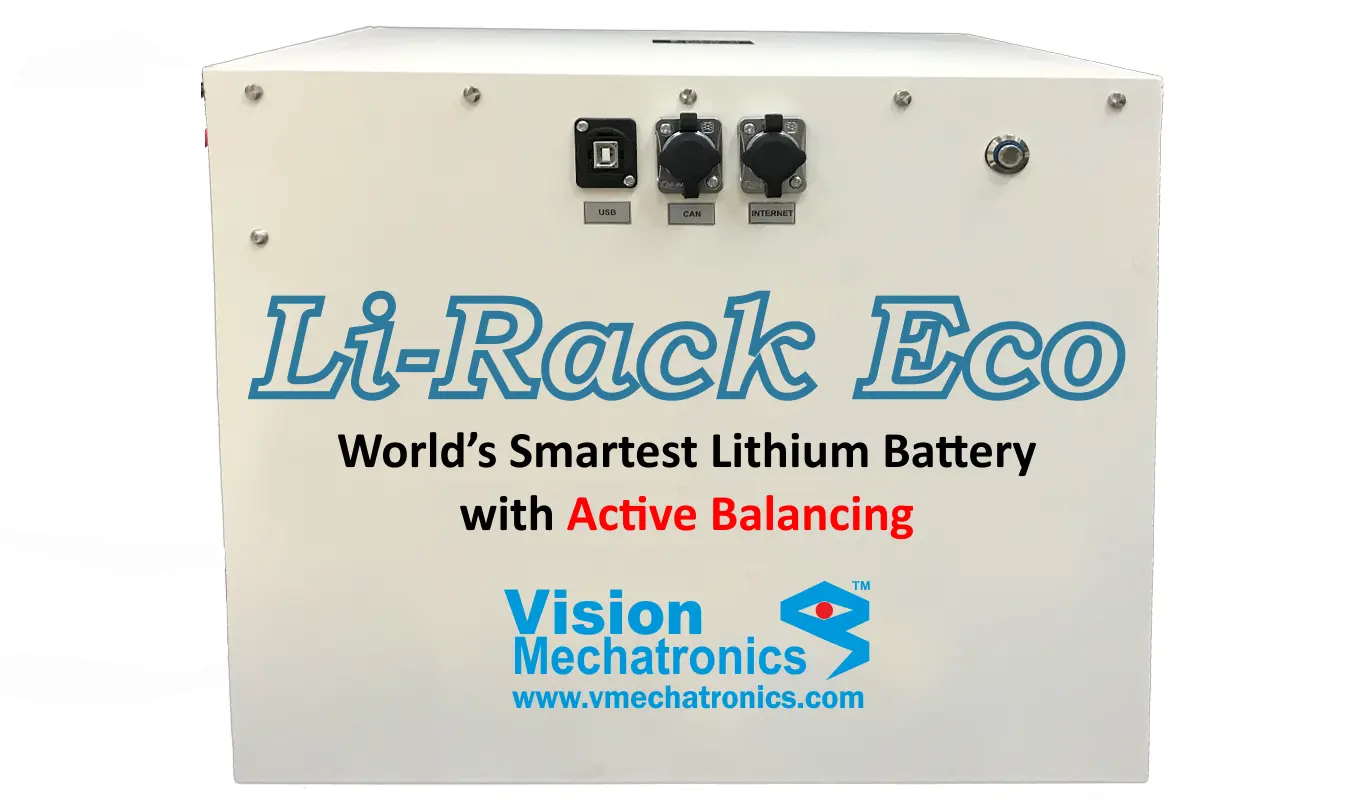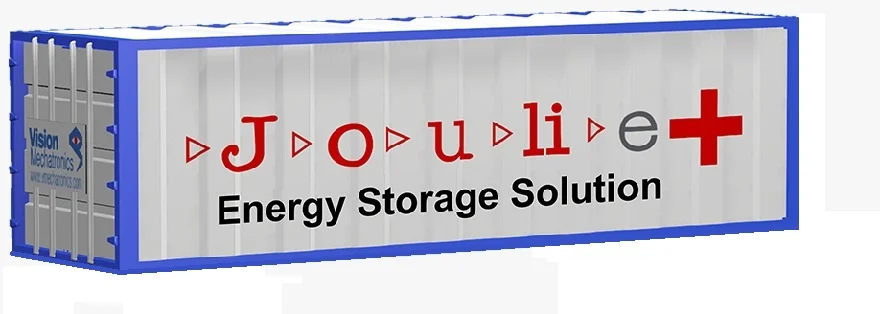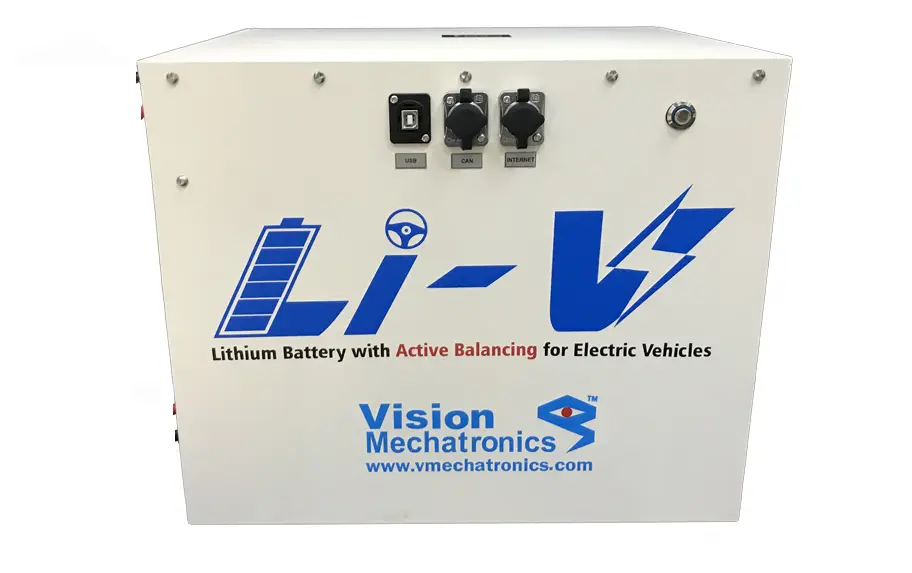
OneBox®
OneBox® is an integrated, modular battery energy storage device that offers a tonne of flexibility and value to all kinds of customers.

Joulie
Joulie is a small-sized battery system for stationary application, but can be extended on demand of electricity by adding extra batteries to it.

Li-Rack Eco
Li-Rack Eco is Active cell balancing technology for the optimum performance and longevity. It is absolutely safe for all applications.

Joulie+
Joulie+ is a containerized battery energy storage solution for MW-scale requirements. The BMS is an active-balancing BMS with all the protection circuitry.

Li-V
Li-V is specially designed lithium battery for Electric Vehicles. Li-V batteries are a non-flammable, non-explosive and eco friendly product.

CelPak
CelPak is the perfect companion for E-Rickshaws. The CelPak is approximately 50% more efficient resulting into better milage and higher profits per ride.

CelPak N
CelPak is a LiFePO4-based lithium battery used for both electric vehicles and stationary applications. It's economical and pocket-friendly.

